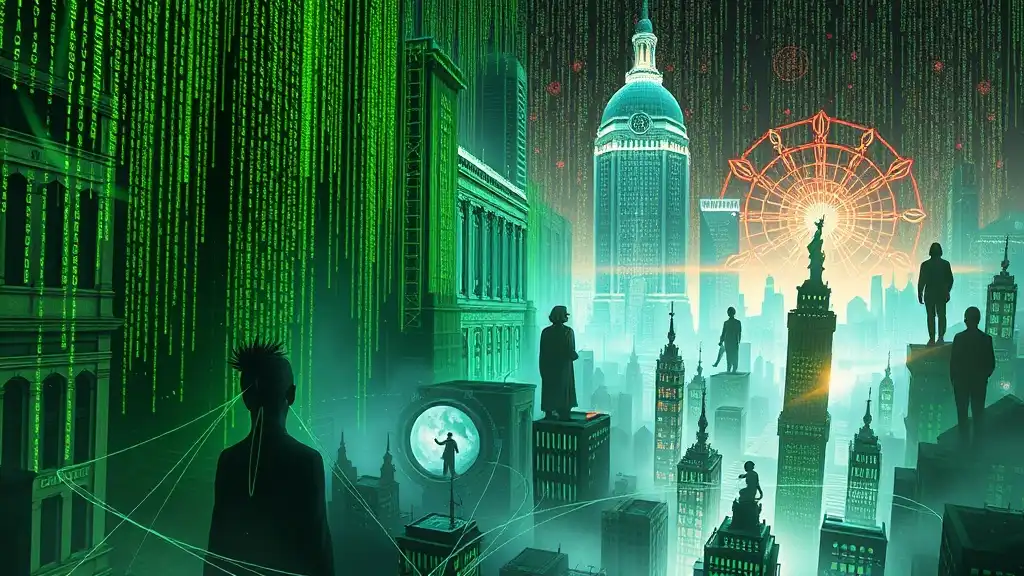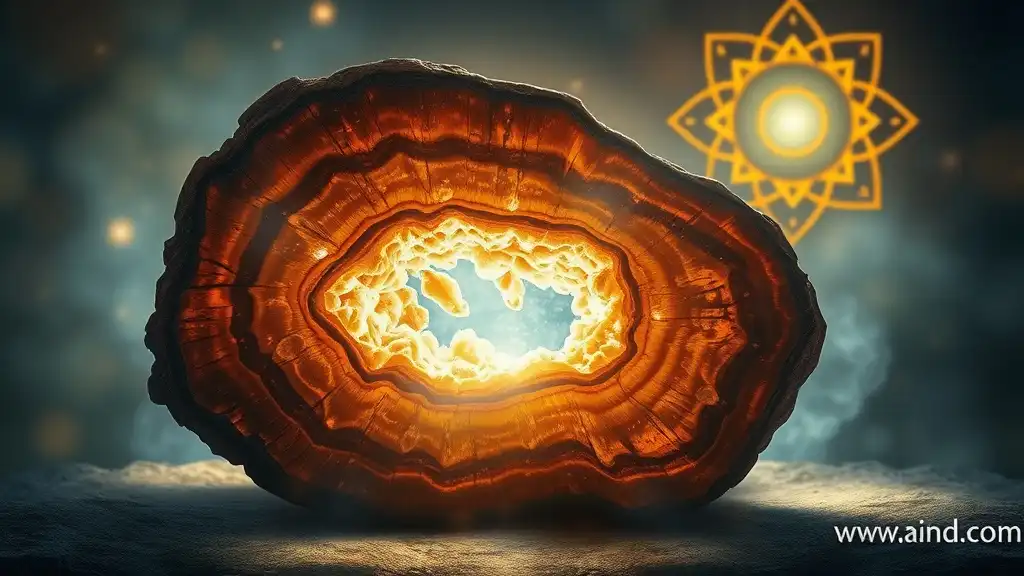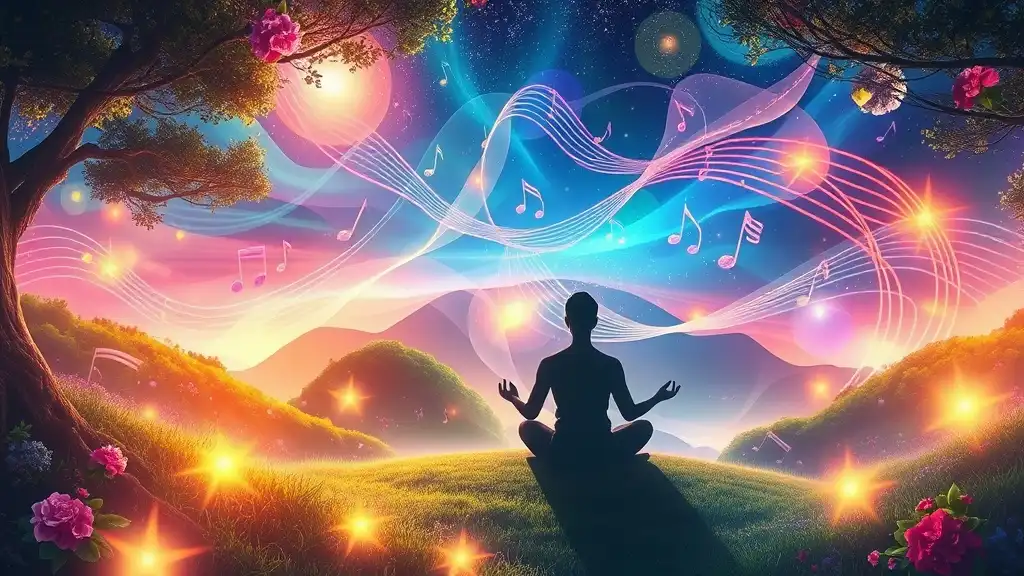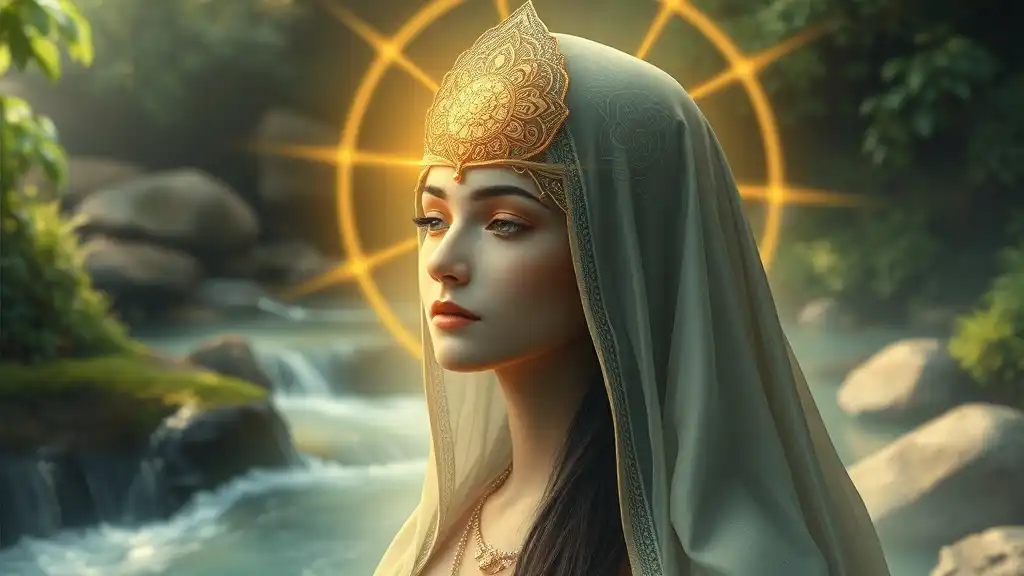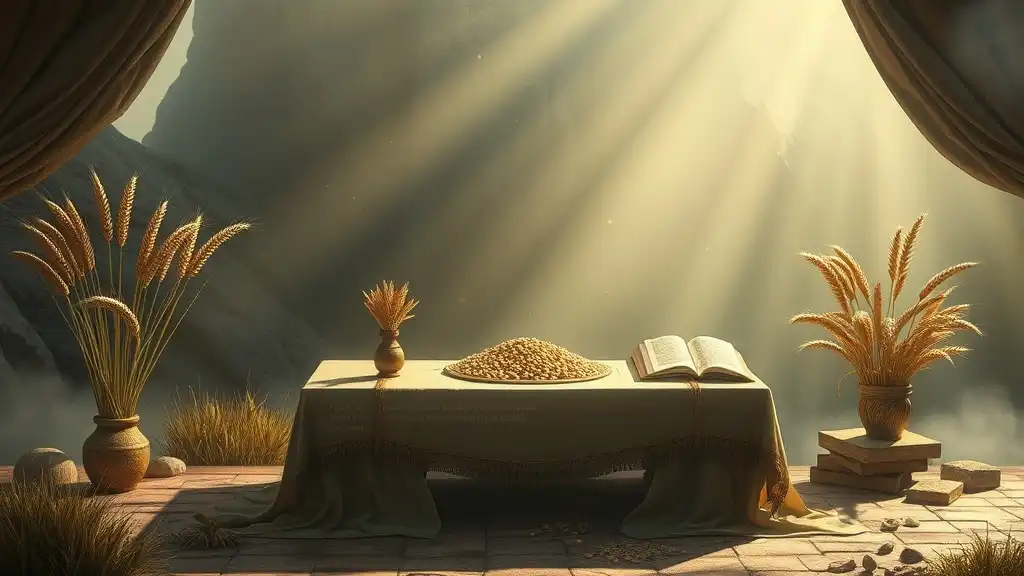The Matrix is not just a science fiction film; it's a profound exploration of spiritual themes that resonate deeply with viewers. It combines philosophy, action, and a gripping narrative to create a rich tapestry of ideas about reality, self-discovery, and ultimately, enlightenment. At its core, The Matrix serves as a metaphor for the duality of existence, encapsulating the journey of awakening that many individuals seek in their own lives.
The Matrix as a Metaphor for Reality
Understanding Illusion vs. Reality
In The Matrix, a simulated reality is presented to humanity, constructed by machines that feed off human energy. This illusion serves as a powerful metaphor for the spiritual awakening process, where individuals must confront the illusions that cloud their understanding of the world. Just as Neo grapples with the truth of his existence, viewers are prompted to reflect on their realities. The film raises essential questions: Are we living in a false reality? What lies beyond the fabric of our perceptions?
The Journey of Self-Discovery
Neo's journey from an ordinary programmer to "The One" reflects the transformative path of self-discovery that many espouse in spiritual teachings. His quest exemplifies the importance of questioning one's reality and seeking deeper truths. This journey is marked by challenges and revelations, underscoring that self-discovery often involves tearing away the layers of societal conditioning and personal doubt. The path to spiritual growth, much like Neo's, requires vulnerability and courage.
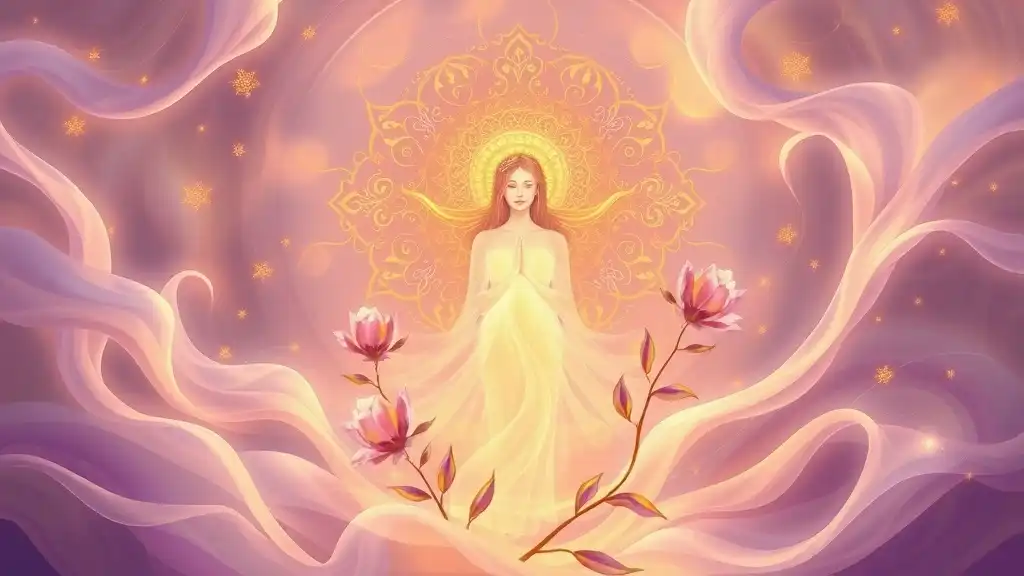
Key Spiritual Themes in The Matrix
The Awakening Experience
Neo's awakening is a pivotal moment that resonates with the concept of spiritual enlightenment. He goes from living in a slumber of ignorance to confronting the harsh truths of existence. This mirrors the experience many undergo in their journeys toward spiritual awareness, highlighting that the first step toward enlightenment is recognizing the illusion of the world around us. Embracing this reality is essential for authentic growth.
The Role of Choice and Free Will
The iconic moment when Neo chooses the red pill over the blue is symbolic of the significant choices we all face on our spiritual journeys. Choosing to know the truth rather than remain in comfortable ignorance parallels the choice between following a spiritual path or succumbing to the status quo. This moment emphasizes the theme of free will – that individuals have the power to steer their destinies and that enlightenment comes from exercising that choice.
The Concept of Fate vs. Free Will
As Neo grapples with being "The One," the film explores whether his path is predetermined or if he is truly exercising free will. This tension speaks to the heart of many spiritual beliefs regarding destiny and choice. It raises questions about whether we are merely puppets of fate or if we can carve our unique paths. This interplay between fate and free will invites viewers to contemplate their own lives and the forces at play in their destinies.
The Nature of Control and Liberation
In The Matrix, the machines symbolize control and oppression, representing the societal systems that govern our lives. The fight against these machines mirrors the struggle for spiritual liberation that many face. It begs the question: What does true freedom mean? As Neo fights against the system, he embodies the journey toward breaking free from limitations—both external and internal. This theme resounds in the spiritual realm, where liberation often demands the courage to resist conformity and reclaim one’s personal power.

Characters as Spiritual Archetypes
Neo - The Hero's Journey
Neo’s character development aligns closely with the concept of the Hero's Journey, as outlined by Joseph Campbell. He is called to adventure, faces trials, and ultimately transforms into a hero willing to fight for truth. This archetype resonates with the spiritual quest, where it becomes imperative for individuals to step into their greatness and embrace their unique purpose. Neo's evolution underscores that each person has the potential for profound transformation when choosing to embark on their own journey.
Morpheus - The Mentor
Morpheus serves as a guiding figure in Neo’s life, reflecting the vital role of mentorship in spiritual growth. He represents the wise teacher archetype, providing not only wisdom but also a catalyst for Neo’s transformation. In spiritual contexts, mentors help illuminate the path for seekers, sharing insights that guide them through darkness toward enlightenment. The relationship between Morpheus and Neo emphasizes the importance of such connections in one's spiritual journey.
Trinity - The Feminine Principle
Trinity is a fascinating character who embodies strength, intuition, and compassion—qualities often associated with the feminine principle. Her role in assisting Neo and her formidable presence highlight the balance between masculine and feminine energies. In many spiritual practices, recognizing and honoring the feminine aspect is essential for holistic growth. Trinity’s character invites viewers to acknowledge the synergy between these energies and their significance on the path to awakening.

Symbolism and Imagery in The Matrix
Color Symbolism
Color plays a crucial role in conveying meaning within The Matrix. The iconic red and blue pills symbolize the choice between reality and illusion. The red pill signifies the path of truth, while the blue pill represents comfortable ignorance. This color distinction serves as a powerful metaphor for the choices individuals face in their spiritual journeys, prompting them to consider whether they are ready to confront their realities or choose the safer path of denial.
The Use of Technology
The relationship between humanity and technology in The Matrix serves as both a cautionary tale and a reflection of modern society. While technology is portrayed as a tool of oppression, it also has the potential for liberation and self-discovery. The film encourages viewers to reflect on their relationship with technology as they navigate their spiritual paths. Are they using technology to enhance their experiences, or are they becoming enslaved by it? This critical examination is essential in today's digital age.
The Oracle and Prophecy
The Oracle represents wisdom and foresight, playing a pivotal role in guiding characters towards their destinies. Her enigmatic nature highlights the importance of introspection and understanding one’s path. In spiritual discourse, prophecies often serve as reflections of the potential futures that depend on the choices we make. The Oracle’s insights compel audiences to explore their journeys, reminding them of the power of knowledge and self-awareness in shaping their destinies.

The Matrix and Eastern Philosophy
Concepts of Moksha and Enlightenment
The Matrix intertwines with Eastern philosophical principles, particularly those of Hinduism and Buddhism. The concept of Moksha, or liberation from the cycle of birth and rebirth, resonates within the narrative. This theme expresses the journey towards breaking free from the constraints of societal conditioning—a fundamental principle in attaining spiritual enlightenment.
The Illusory Nature of the Self
The film’s exploration of the illusory self mirrors the teachings of Eastern spirituality, where the notion of Anatta suggests that the self is a construct, and true understanding comes from recognizing the impermanence of this identity. As Neo sheds his former self, he embarks on a path of truth and liberation, encouraging viewers to consider their own identities and the constructs they nurture. This introspection is vital for those seeking deeper spiritual communion and self-awareness.

Conclusion
The Matrix serves as a profound narrative inviting individuals to explore the depths of their realities, question illusions, and embrace their unique spiritual journeys. Through its rich themes, characters, and thought-provoking symbolism, the film provokes introspection—encouraging each viewer to reflect on their own paths. As we navigate the complexities of existence, may we find the courage to awaken to the truth, confront our realities, and ultimately embrace the liberation that lies in self-discovery.

